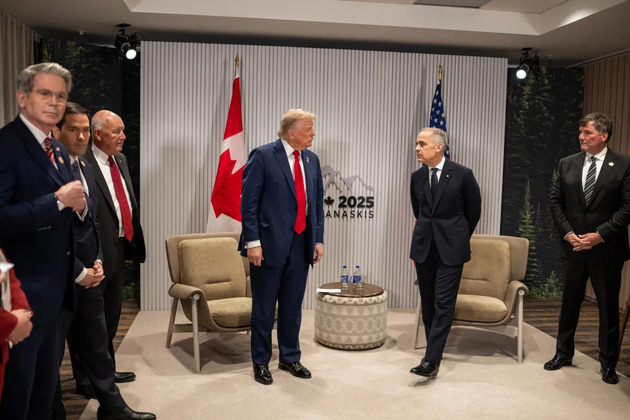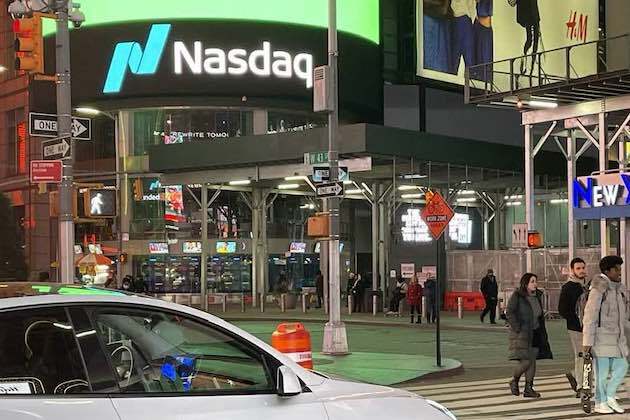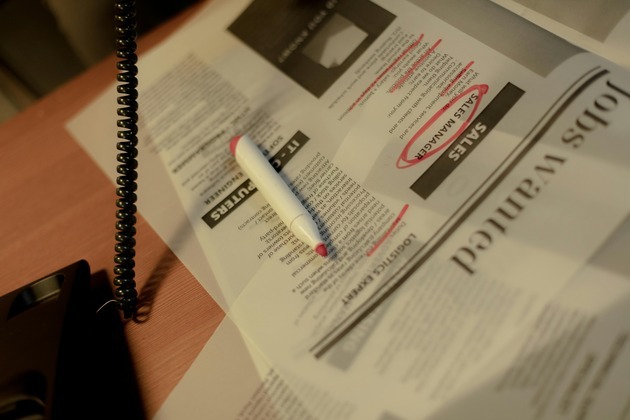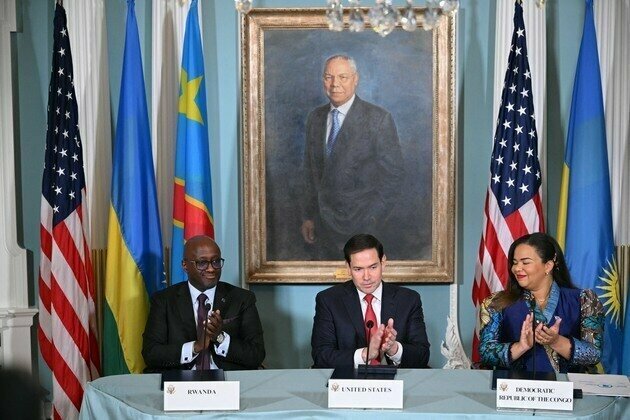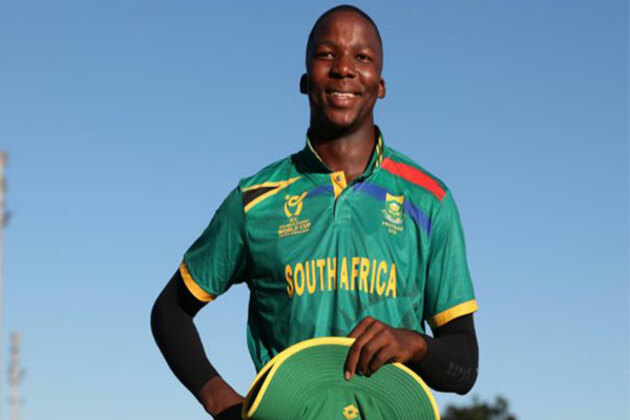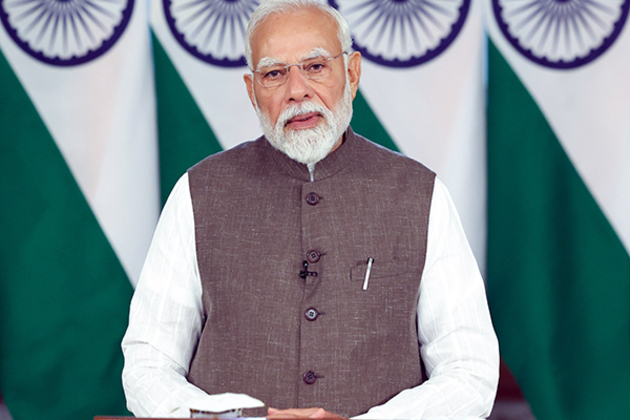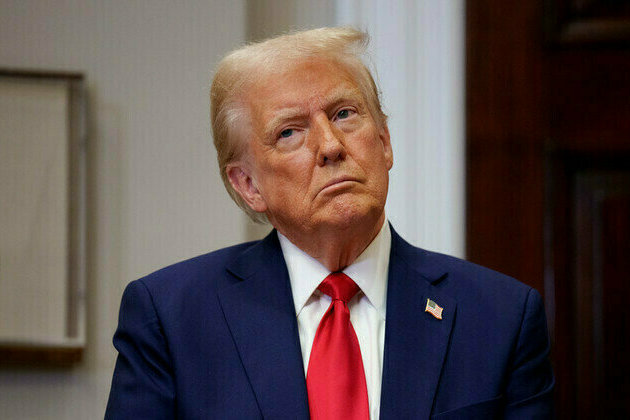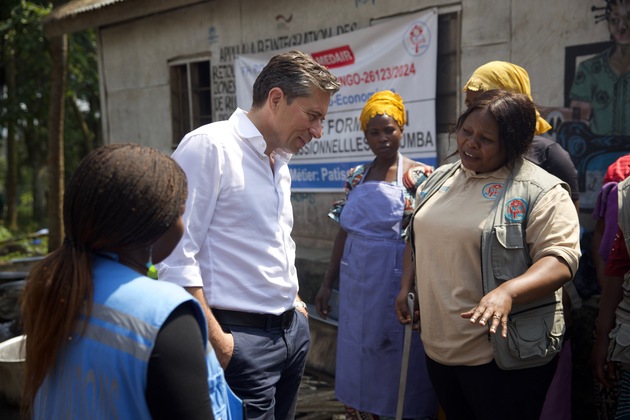De-escalation Urgently Needed, Security Council Told, as Sudan Conflict Shifts to Darfur, Kordofan
Press UN
27 Jun 2025, 22:33 GMT+10

Senior UN Official Calls for Immediate Pause in Fighting to Enable Urgent Aid Delivery
The warring parties in Sudan appear “unrelenting” in their resolve to pursue military objectives, a senior United Nations official told the Security Council today, warning of the growing risk of regional instability and spillover conflict.
“For too long, the conflict in Sudan has gravely imperilled lives of Sudanese civilians,” underscored Martha Ama Akyaa Pobee, Assistant Secretary-General for Africa in the Departments of Political and Peacebuilding Affairs and Peace Operations, pointing to increased and indiscriminate aerial assaults by both the Sudanese Armed Forces and the Rapid Support Forces, and continuous attacks on civilian populations and infrastructure.
She noted that the focus of the fighting has shifted to the Darfur and Kordofan regions, with El Obeid in north Kordofan emerging as a key flashpoint. Voicing concern about the use of advanced weaponry, including long-range drones, which has expanded hostilities in previously stable areas, she urged that “de-escalation is urgently needed”, warning that this trend is likely to intensify during the rainy season as movement on the ground becomes more difficult.
The consequences of the conflict extend beyond Sudan’s borders, she pointed out, expressing concern about reports of clashes at the Sudan-Libya-Egypt tri-border zone, involving the Sudanese Armed Forces, the Rapid Support Forces, and forces affiliated with the Libyan National Army, which mark a serious escalation. She also noted the presence of the Rapid Support Forces in Abyei and the north-eastern Central African Republic.
Calls for Ceasefire to Enable Aid Delivery
“We are horrified by widespread sexual violence, including against children, and attacks on humanitarian workers,” she continued, noting that the Office of the High Commissioner for Human Rights has documented a tripling of arbitrary killings of civilians between February and April. The UN is pursuing a predictable and time-bound humanitarian pause to facilitate safe humanitarian movements into and out of areas affected by ongoing fighting, beginning with El Fasher, and allow civilians to leave voluntarily and securely.
Prime Minister Kamil Eltayeb Idris was sworn in on 31 May and is set to form a new Government, she reported, encouraging all parties to preserve Sudan’s unity, sovereignty and territorial integrity as a critical element for a sustainable solution to this crisis.
Meanwhile, the Secretary-General’s Personal Envoy for the Sudan, Ramtane Lamamra, has further intensified his engagements with regional and international actors, and remains in close contact with the warring parties and a broad array of civilian groups. “I urge this Council — once again — to unite in lending full support to Personal Envoy Lamamra’s efforts, and to use its influence with the parties and their external backers to press for a genuine commitment to dialogue and de-escalation,” she said.
Shayna Lewis, Sudan Specialist and Senior Advisor with PAEMA (Preventing and Ending Mass Atrocities), briefed the Council today following her recent return from Sudan, where she visited Port Sudan and Khartoum. She reported that 80 per cent of health facilities in conflict zones are non-functional, with over 540 attacks recorded on health infrastructure. “When SAF recaptured the capital in March, many rejoiced that the war was over. But it is not over, not even in Khartoum,” she said.
She recounted meeting an 8-year-old girl at Al Nao Hospital, wounded by a stray bullet inside her home: “She spoke to me with pins holding the shattered fragments of her leg in place.” Many children, she noted, face amputations from unexploded ordnance. Over 15 million require humanitarian assistance, while armed actors are recruiting child soldiers and perpetrating grave abuses. The United Nations Children’s Fund (UNICEF) reported 16 cases of the rape of children under 5, including the rape of four 1-year old babies.
In Ahmed Gasim Hospital in Bahri, the Rapid Support Forces destroyed Sudan’s only cardiac MRI machine and other life-saving equipment: “They […] shot and destroyed machinery that they couldn’t carry, such as the paediatric ventilators, because the RSF wants to deprive children of the ability to breathe.” Medical staff operate under dire conditions, using phone flashlights during surgeries and struggling with sterilization due to prolonged power cuts. “SAF’s denial of the UN’s famine declaration imperils lives as it is blocking the […] global famine response architecture,” she cautioned, pointing to soaring child malnutrition rates.
Condemning global aid cuts, especially those affecting gender-based violence services, she highlighted accounts of sexual abuse, including survival sex for access to water during cholera outbreaks. Since her last address, the Rapid Support Forces have continued their genocide in Darfur, killing hundreds in Zamzam camp.
She called out the United Arab Emirates for backing the Rapid Support Forces and Egypt for supporting the Sudanese Arms Forces, also recognizing the complicity of other countries, including some Council members who continue to prioritise Emirati investments over the lives and blood of civilians. Further, she emphasized the urgency of restoring telecoms and humanitarian access. Meanwhile, drone and barrel bomb attacks on civilian infrastructure, including hospitals, are escalating.
While “this tide of human suffering can only be stopped by the silencing of weapons”, the warring parties remain committed to pursuing a military solution, she said, urging the Council “to do more than bear witness to war” and “take action”.
In the ensuing discussion, Council members condemned the ongoing violence across Sudan and reiterated their calls for an immediate cessation of hostilities.
“Every month, we receive harrowing reports of massacres, rape and humanitarian suffering from Darfur to Kordofan and beyond,” said Denmark’s delegate. With no signs of political will on the horizon, she emphasized that the Council must assume its responsibility. “The time for empty words of condolence and concern has passed,” she said. “It is time to act decisively for peace.”
“There is no military solution to this war,” concurred France’s delegate, noting that continued fighting only increases the risk of a de facto partition of Sudan.
Urging States to enforce the arms embargo, Slovenia’s delegate stressed that for over two years, “credible initiatives and appeals for a peaceful, diplomatic resolution have been dismissed or sidelined, while the violence escalated.
Condemning the 2 June killing of five humanitarian workers from the World Food Programme (WFP) and UNICEF, the representative of Greece said repeated targeting of humanitarian convoys, health facilities and civilian infrastructure are “part of a broader pattern of obstruction, starvation tactics, and intimidation that may amount to war crimes under international law.”
Panama’s representative voiced alarm over the persistent and systematic use of sexual violence as a tactic of war, adding that “this violence is linked to the ethnic identity — real or perceived — of the victims”.
Caution against Imposing External Solutions
Other Council members underscored the need to avoid external interference in Sudan, arguing that such actions are intensifying the conflict and contributing to instability. Instead, they encouraged support for mediation efforts aimed at achieving lasting peace.
Among them was the representative of the Republic of Korea, who stressed that all external actors must “shift their focus from supplying arms to addressing urgent humanitarian needs”. He also called for the prompt appointment of the Panel of Experts of the 1591 Sanctions Committee to “send a clear signal that any violations will be closely scrutinized”.
Only the Sudanese themselves can agree on solutions through national dialogue, affirmed the Russian Federation’s delegate. He emphasized that solutions “cannot be imposed from abroad”, even though they “are right now on the table”, including the “road map” for political resolution.
Echoing that sentiment, China’s delegate said that “Sudan has the right to independently explore the development path”, with all parties refraining “from setting unreasonable requirements and standards, let alone imposing external solutions”. Welcoming the Sudanese Government’s extended opening of the Adre crossing, he called for greater humanitarian access.
Egypt’s delegate categorically rejected any interference in Sudan’s domestic affairs or any attempt to shape a Government parallel to the legitimate authority. He reaffirmed a commitment to deliver assistance to the Sudanese people fleeing the conflict to Egypt, where more than 1.5 million people have found refuge. Recalling that Cairo initiated the civilian and political forces conference in July 2024 — broadly applauded by the Sudanese forces — he said the Government will strive to organize a second edition as soon as conditions are suitable.
Refuting “unfounded allegations against [his] country”, the representative of the United Arab Emirates stressed that the UN must expand its presence throughout Sudan and at all viable entry points to scale up its response and reduce aid delivery costs and delays. An overreliance on Port Sudan as a logistical hub has severely constrained efforts to reach those in greatest need, he noted.
Urging all to ensure humanitarian access, the representative of the United States said Washington, D.C., will hold groups accountable for blocking the delivery of aid and called on the Council to reconstitute the Panel of Experts expeditiously.
Support for Humanitarian Pause
Calling for strengthened coordination across mediation initiatives, Guyana’s delegate — speaking also for Algeria, Sierra Leone and Somalia — urged the Council to actively support efforts that preserve the central role of the African Union and the UN in the peace process. Expressing support for the one-week humanitarian truce in the El Fasher locality, she said this pause is vital to supporting UN-led efforts and enabling the safe and unhindered delivery of humanitarian assistance.
Echoing support for humanitarian pauses, the United Kingdom’s representative called on the parties to provide security guarantees for humanitarians and lift bureaucratic impediments. He noted that the London Sudan Conference in April raised over $1 billion in humanitarian funding.
However, Pakistan’s delegate pointed out that Sudan’s 2025 Humanitarian Response Plan, requiring $4.16 billion, is only 14 per cent funded, calling for “the fulfilment of critical funding gaps” and citing recent aid cuts by major donors as “indefensible”.
Sudan’s Delegate Outlines Priorities of Government of Hope
For his part, Sudan’s representative said the new Prime Minister’s objectives include national unity, well-being and decent living for the Sudanese; restoring trust between citizens and the State; and initiating a serious intra-Sudanese dialogue to achieve national reconciliation. “The civilian Government of Hope will include 22 ministries,” he said, noting that fighting corruption and attracting foreign and local investments are also among its goals.
He said the week-long humanitarian truce called for by the Secretary-General would facilitate the delivery of relief aid to thousands of citizens trapped in El-Fasher. There have been 240 attacks since last year, “one missile attack every day”, he added, noting that coordination mechanisms have been established to facilitate the entry and movement of humanitarian aid, including issuance of movement permits and exceptions. Underscoring that the continued flow of weapons to the militias by regional sponsors must stop, he called for the consideration of the rebel militias as a terrorist group.
Also briefing the Council was Joonkook Hwang (Republic of Korea), Chair of the Security Council Committee established pursuant to resolution 1591 (2005) concerning the Sudan, who outlined the Committee’s work from 12 December 2024 to the present. The Committee issued its annual report for 2024, receiving the Sudan Panel’s final report, as well as its third and fourth quarterly updates, with the Panel updating the Committee on the security and humanitarian situation in Darfur, as well as the regional impact of the conflict. “The purpose of the sanctions regime is to contribute to bringing peace in Darfur,” he underlined.
 Share
Share
 Tweet
Tweet
 Share
Share
 Flip
Flip
 Email
Email
Watch latest videos
Subscribe and Follow
Get a daily dose of Sierra Leone Times news through our daily email, its complimentary and keeps you fully up to date with world and business news as well.
News RELEASES
Publish news of your business, community or sports group, personnel appointments, major event and more by submitting a news release to Sierra Leone Times.
More InformationBusiness
SectionU.S. stocks surge despite Trump rift with Canada
NEW YORK, New York - U.S. President Donald Trump dropped a bombshell on Friday announcing he had terminated trade talks with Canada....
United Steelworkers Union chief slams Trump over IRA move
Federal officials, then-Governor of Indiana Eric Holcomb, union leaders, company representatives, and dozens of guests assembled at...
Rent freeze fears hit NYC banks, landlords as Mamdani leads
NEW YORK CITY, New York: New York City's financial markets reacted sharply this week as shares of local banks and real estate investment...
Starbucks refutes media report on plans to exit China
SEATTLE, Washington: U.S. coffee company Starbucks has said it is not planning to sell all of its business in China, even though a...
U.S. markets surge, Dow Jones jumps 404 points
NEW YORK, New York - U.S. stocks surged on Thursday, with Wall Street's major indexes climbing nearly 1 percent as investor optimism...
Job board pioneers CareerBuilder, Monster face bankruptcy
NEW YORK, U.S.: Two giants of the early internet job search era—CareerBuilder and Monster—have formally filed for bankruptcy protection,...
Africa
SectionDR Congo, Rwanda sign peace deal in Washington
WASHINGTON, 27th June, 2025 (WAM) -- The Democratic Republic of the Congo and Rwanda signed a peace agreement today under the auspices...
"He is the main dog": SA coach Conrad backs teen star Kwena as frontline bowler during Zimbabwe series
Bulawayo [Zimbabwe], June 27 (ANI): South Africa head coach Shukri Conrad said that young left-arm seamer Kwena Maphaka will be the...
An analysis of Bumrah-Siraj's massive workload in Test cricket as Indian pace struggles for depth
London [UK], June 27 (ANI): As India look to navigate through the remainder of the five-match England Test series, plenty of eyeballs...
PM Modi to embark on five nation-visit from July 2, attend BRICS Summit in Brazil
New Delhi [India], June 27 (ANI): Prime Minister Narendra Modi will embark on a five-nation visit from July 2, during which he will...
The US has just declared economic war on Africa. It will backfire
To realize their full trade potential, African nations must address existing barriers and disjointed customs regulations In April,...
DR CONGO-GOMA-UN-HUMANITARIAN SITUATION
(250627) -- GOMA, June 27, 2025 (Xinhua) -- United Nations Under-Secretary-General for Humanitarian Affairs Tom Fletcher (2nd L) talks...

